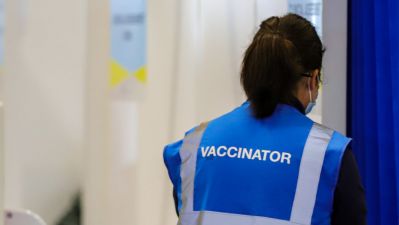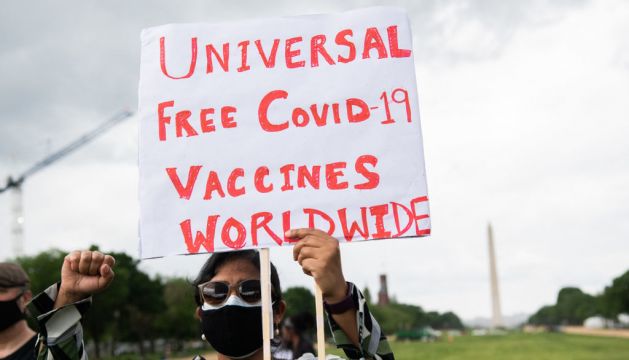Fianna Fáil MEP Barry Andrews has criticised the Government for not adding its voice to calls for a waiver on patents for vaccines so they could be mass-produced in developing countries.
Speaking on RTÉ’s Morning Ireland, he said the European Parliament had repeatedly voted in favour of a temporary waiver, but the European Commission “has set its face against it”.
Mr Andrews said that only six per cent of Africa is vaccinated, compared with 60 per cent in the developed world, adding that there had been repeated warnings that vaccine inequity would lead to new variants emerging which had “come to pass”.
The Government should add its voice to calls for the temporary waiver as the United States and Australia had done, along with 100 other countries, he said.
A temporary waiver for vaccine patents was necessary during a pandemic, he added. “If you don’t do it now during a worldwide public health threat, when would you do it?”
The argument that China would benefit from such a waiver, did not “stack up”, he said, saying public funds had gone into the development of the vaccines so they should be used to lead to better public health throughout the world.

MRNA could have other benefits and was going to be a key public health tool in the decades to come, he added.
There were 500 million unused vaccines in the G7 countries which highlighted the need for an international binding treaty for pandemics to ensure more equitable distribution of vaccines throughout the world, he said.
Mr Andrews also criticised British prime minister Boris Johnson for his decision to ban flights from South Africa, after a new variant of Covid-19 called Omicron was first discovered there. “Boris Johnson has never done anything that has been scientifically motivated, it’s always politically motivated.”
Mr Andrews said that he agreed with the South African government’s criticism of the international “knee-jerk” reaction which had led to the cancellation of flights. This would disincentivise countries from alerting the world of other variants, he said.







